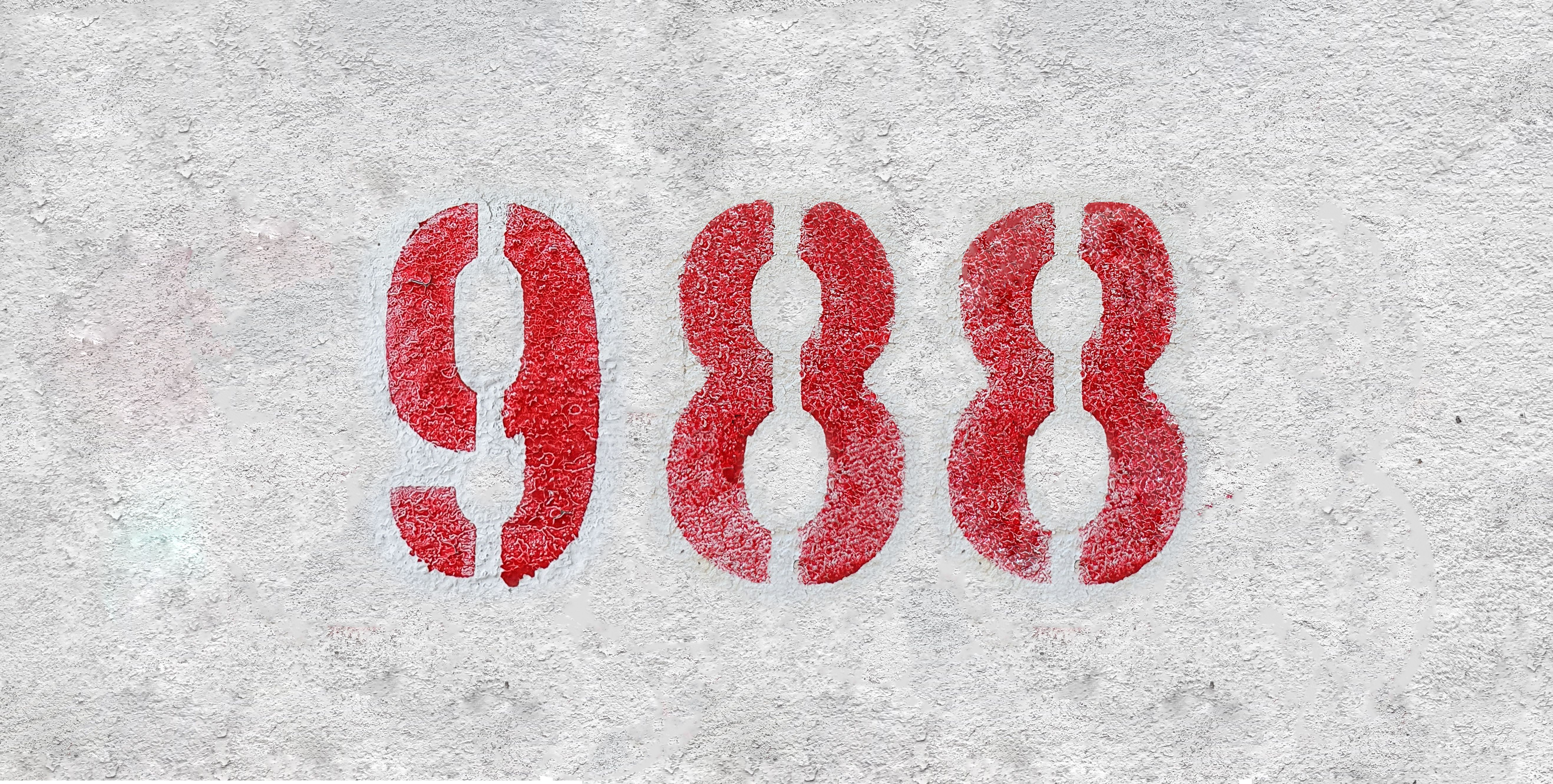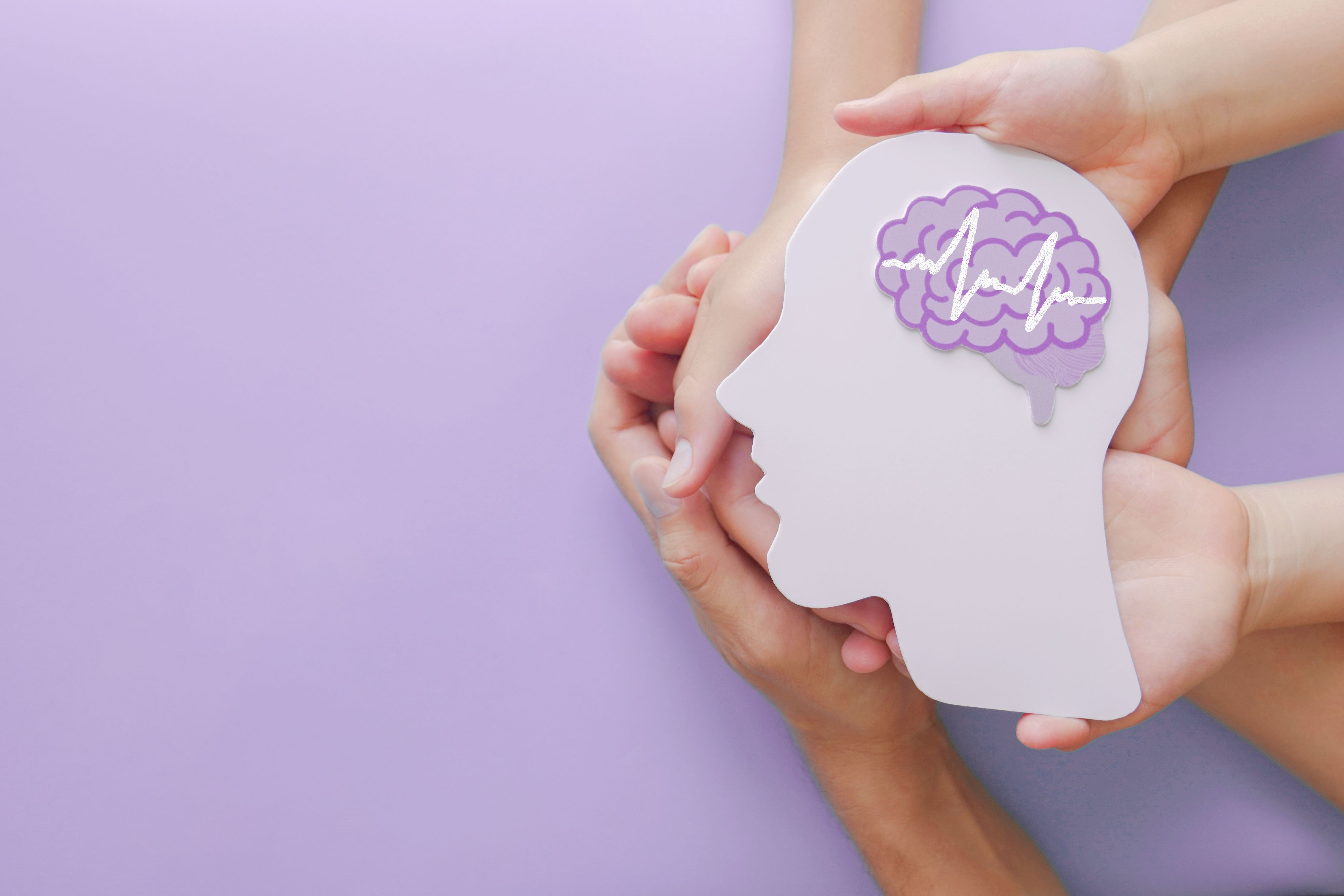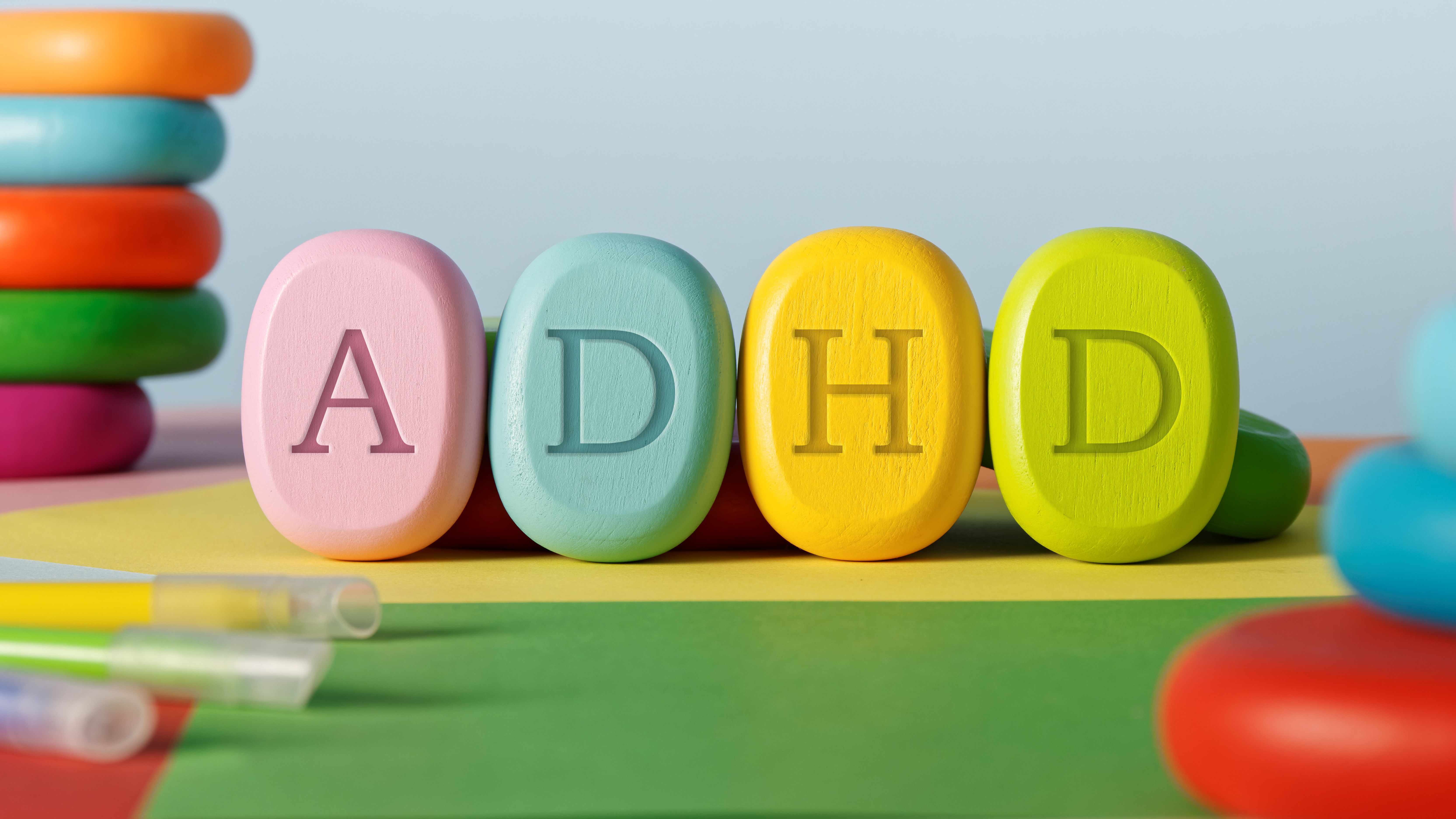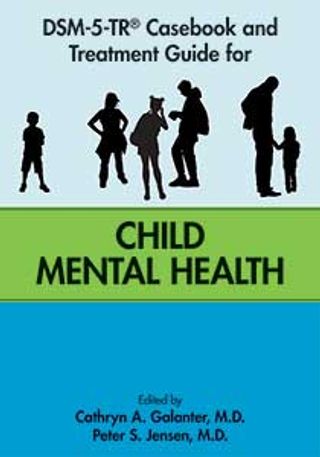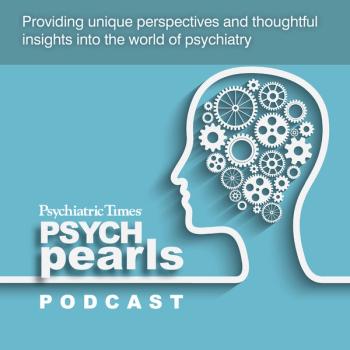
Child & Adolescent Psychiatry
Latest News
Latest Videos

Podcasts
CME Content
More News
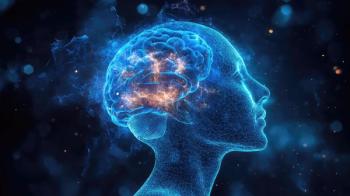
FDA expands Deep TMS therapy for adolescents with major depressive disorder, offering a noninvasive treatment option for underserved youth.

Cingulate's CTx-1301 shows promising phase 3 results for ADHD, offering effective once-daily dosing and potential FDA approval by 2026.
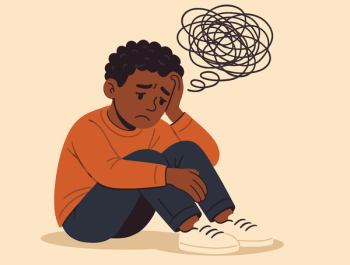

Psychiatry explores extraordinary experiences like near-death experiences and out-of-body experiences, distinguishing them from mental illness to enhance patient care and understanding.

Chatbots engage youth with connection but pose serious risks, potentially harming mental health and fostering unhealthy attachments. Awareness and regulation are crucial.

Black youth, particularly boys, face mischaracterization and punishment in schools.

Effective strategies for managing child agitation focus on individualized care, multidisciplinary support, and proactive interventions to ensure safety and calm.

The FDA has updated ADHD stimulant labels, highlighting weight loss risks in children under 6. Stephen Mateka, DO, shares his updated treatment strategies.

The FDA will update ADHD medication labels, warning of weight loss risks in children under 6, urging careful monitoring by health care professionals.

Learn more about the critical link between early adversity and psychosis, and the need for targeted interventions and preventive measures.

Online dating transforms connections but often leads to loneliness and mental health issues. How can we encourage safer, more meaningful interactions?
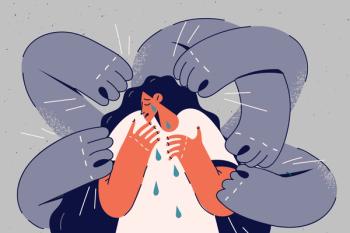
The Lancet Commission report on nonfatal self-harm identifies key challenges, causes, and more.

March 17 through March 23 is National Drug and Alcohol Facts Week 2025.

Dance/movement therapy has proven to be effective in treating children with trauma, making dance something that can change the way a child develops psychologically.

Discover key insights from February’s Special Report on child and adolescent psychiatry, exploring overlooked diagnoses, new research, and the complex impact of social media on youth mental health.

Here are highlights from this week in Psychiatric Times, including updates on the BHV-7000 for bipolar disorder trial and a new study on physician suicide rates.

Epidemiological data show that rates of anxiety, depression, self-injurious behaviors, and suicidality increased for Gen Z in significantly higher numbers than previous generations.
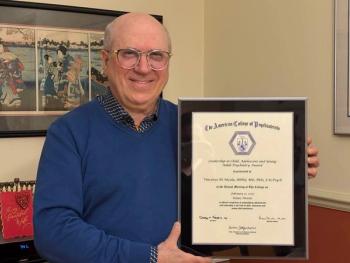
Vincenzo Di Nicola has won the Award for Leadership in Child, Adolescent, and Young Adult Psychiatry. Learn more about his thoughts on trauma, leadership, and issues in child and adolescent psychiatry.
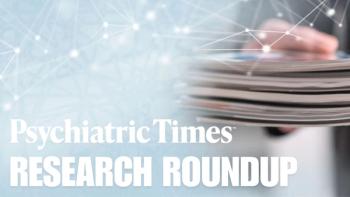
Learn more about recent research into adolescent mental health, including a pilot study testing the use of short-term trauma stabilization techniques with escitalopram.

The relationship between social media use and mental health remains inconclusive. How can you best treat child and adolescents and guide their social media use?
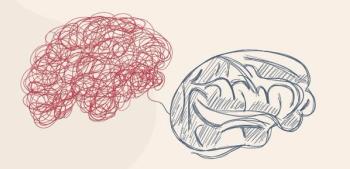
According to research, symptoms of ADHD are more often overlooked or diagnosed later in children with higher cognitive ability, physical activity, or social skills.
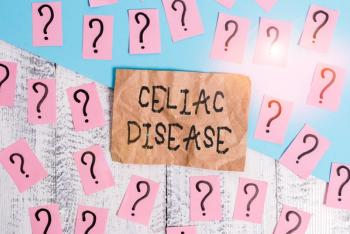
The fact that celiac disease has effects on the brain is recognized but not completely understood.

Learn more about how to appropriately diagnose and categorize a spectrum of posttraumatic stress responses in children and adolescents.
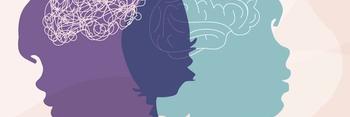
How has the field of child and adolescent psychiatry matured over the last 3 decades? Our Special Report Chair, Peter S. Jensen, MD, elaborates.

"Make America Healthy Again” has taken a jab at psychiatry.

